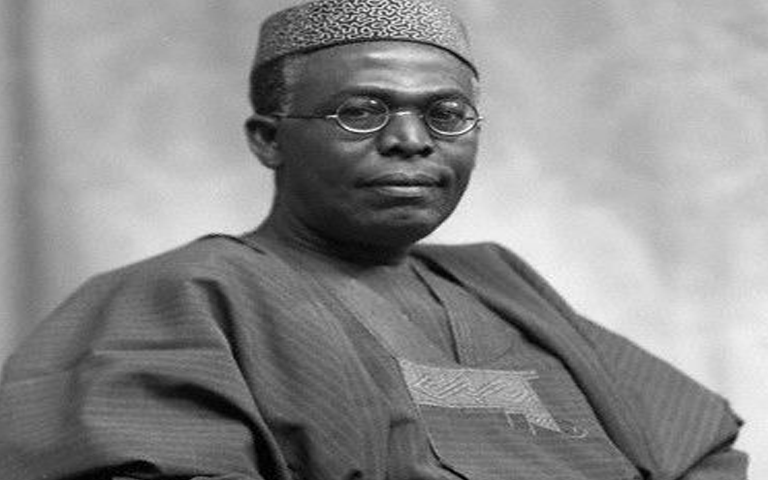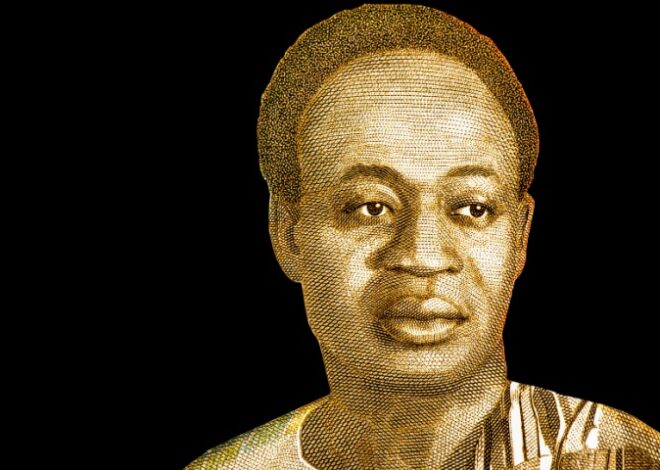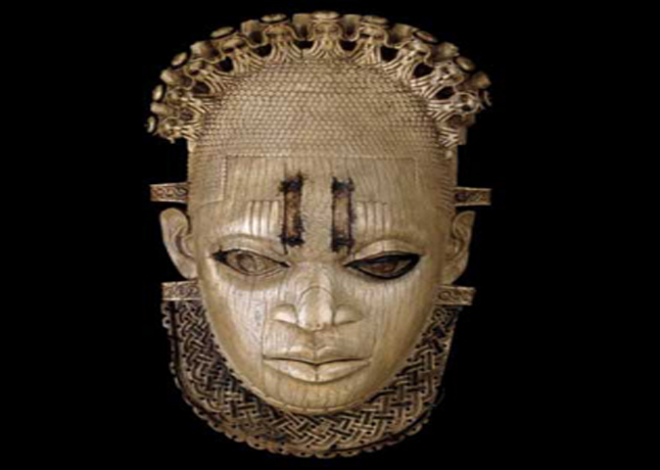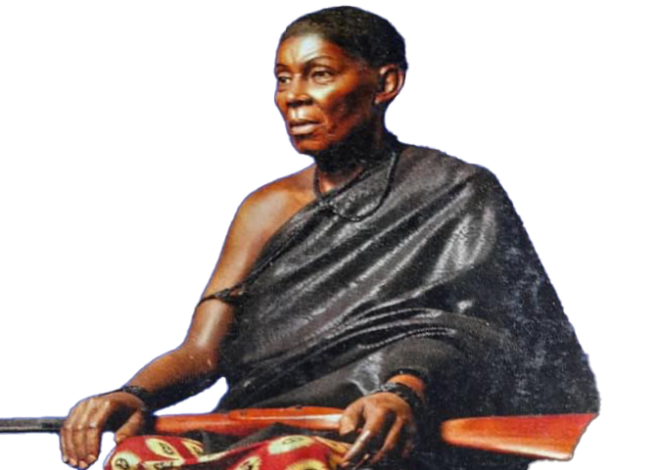
Obafemi Awolowo
His Influence on Modern Yoruba Identity and Politics
Obafemi Awolowo, a towering figure in Nigerian history, is held in high regard in the hearts and minds of the Yoruba people. His legacy transcends politics, profoundly influencing modern Yoruba identity and socio-economic development. A visionary leader, Awolowo’s contributions laid the foundation for contemporary Yoruba pride, progress, and political strategy.
Early Life and Political Rise
Born on March 6, 1909, in Ikenne, present-day Ogun State, Obafemi Awolowo’s journey to prominence began with his education. An ardent scholar, he pursued studies in law and economics in the United Kingdom. Upon his return to Nigeria, he founded the Action Group (AG) in 1951, marking the beginning of his political career. Awolowo’s leadership style was marked by intellect, strategy, and commitment to the welfare of the Yoruba people and Nigeria.
Championing Education and Socio-Economic Development
One of Awolowo’s most enduring legacies is his profound impact on education. As Premier of the Western Region from 1954 to 1959, he introduced free primary education, a groundbreaking policy that revolutionized access to learning. This initiative elevated literacy rates and fostered a culture of intellectualism and ambition among the Yoruba. Today, the Yoruba are often considered one of the most educated ethnic groups in Nigeria, which stands as a testament to Awolowo’s visionary policies.
In addition to education, Awolowo’s economic policies were transformative. He implemented progressive taxation and invested heavily in infrastructure, including roads, healthcare, and rural development. His economic blueprint emphasized self-reliance and industrialization, laying the groundwork for the Western Region’s economic prosperity. The first television station in Africa was established, Western Nigeria Television (WNTV), and the creation of the Oodua Investment Company Limited are notable achievements that underscored his commitment to modernization and economic empowerment.
Shaping Yoruba Identity and Cultural Revival
Awolowo’s influence extended beyond policy into the realm of cultural identity. He is a staunch advocate of Yoruba culture and traditions, promoting cultural pride and unity. His emphasis on the Yoruba language and heritage fostered a sense of belonging and identity among the Yoruba people. Awolowo articulated a vision of Yoruba greatness rooted in cultural heritage and intellectual advancement through his writings and speeches.
Political Strategy and Legacy
Awolowo’s political strategy was marked by his astute understanding of federalism and regionalism. He advocated for a federal system recognizing and respecting Nigeria’s ethnic diversity. His vision of federalism aimed at ensuring equitable development and political representation for all regions. Awolowo’s political ideology, often called “Awoism,” championed social democracy, welfare, and the empowerment of marginalized communities.
Despite facing political setbacks, including imprisonment and opposition from federal authorities, Awolowo remained a formidable political force. His legacy endures through the continued relevance of his ideas in contemporary Nigerian politics. Many Yoruba leaders and political movements draw inspiration from his principles and strategies, advocating for regional autonomy, social justice, and economic development.
Conclusion: Awolowo’s Enduring Influence
Obafemi Awolowo’s contributions to Yoruba identity and Nigerian politics are immeasurable. His visionary policies in education and socio-economic development transformed the Western Region and left an indelible mark on the Yoruba people. Awolowo’s advocacy for cultural pride and political strategy continues to inspire generations of Yoruba leaders and intellectuals. His legacy stands as indisputable proof of the transformative influence of visionary leadership.
In celebrating Awolowo’s legacy, we honor a leader whose ideas and ideals continue to resonate, shaping the modern Yoruba identity and contributing to the ongoing quest for a just and prosperous Nigeria.


